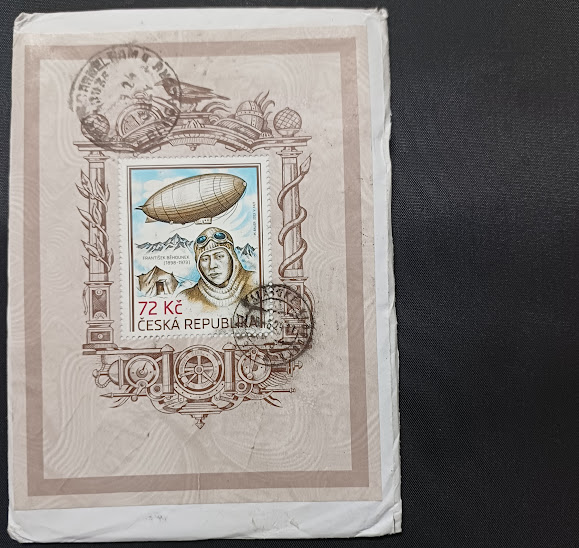In 1920, Brito Pais and Sarmento Beires tried an unsuccessful flight attempt from Amadora, Lisbon to Madeira Island onboard an airplane Breguet XIV A2, named “Cavaleiro Negro”. Despite the scarce means of navigation both navigators managed to reach Madeira, which failed to land due to dense fog. On their way back after 8 hours of flight time, they alight at the Atlantic Ocean for lack of fuel and were rescued at about 500 km from Lisbon.
On 1922, Gago Coutinho and Sacadura Cabral conducted the First Aerial Cross of the South Atlantic, flying from Lisbon to Rio de Janeiro. The Portuguese Aeronautics rejoiced auspicious days that time, with its aviation pioneers trying consecutively to reach more distant places along intercontinental flights.
On 1923, Gago Coutinho and Sacadura Cabral were contemplating to perform an Around the World Flight. However, Sacadura died in 1924, while piloting an airplane acquired for the circumnavigation voyage.
Later on 1924 the pilots Brito Pais and Sarmento Beires idealized the conducting of an aerial flight from Lisbon to Macau as an aspiration for a future Portuguese Around the World Flight attempt: on 7 April 1924, those pilots departed from Vila Nova de Milfontes in a Breguet XIV Bn2 airplane, starting their Journey to Macau. During a flight stage on 7 May an engine failure forced them to crash the airplane at India; on 30 May, both pilots managed to continue the Voyage in a De Havilland DH9 aircraft before being forced to end their attempt in 20 June in flying over Macau. A typhoon hindered their efforts to land and the airplane was crash landed in Chinese Territory about 800 meters from the Hong Kong Border. On 25 June 1924, they were shuttled back to Macau by boat. Brito Pais, Sarmento Beires and Manuel Gouveia returned to Portugal, via North America, visiting several Portugueses nuclei at China, Japan, United States and England. They went to Portugal on 9 September, after having flown a total of 16,760 km in 117:41 h facing often extremely adverse atmospheric conditions, sandstorms and inaccurate navigation maps.








